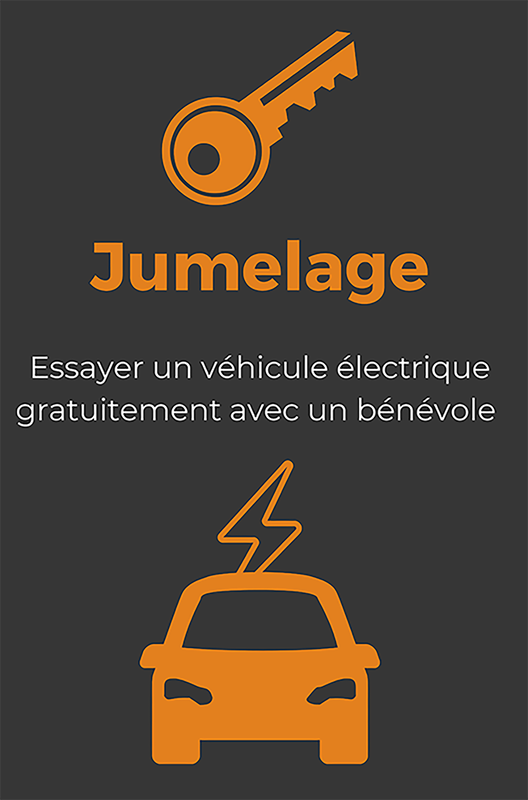 Mise à jour: La police défend l'arrestation; voir ci-bas et nouveau vidéo Quelle histoire! Un propriétaire de Nissan Leaf à Atlanta en Georgie s'est retrouvé en prison dernièrement après avoir été arrêté pour vol d'électricité. Le père de famille attendait la fin du match de tennis de son fils de 11 ans à l'école secondaire un samedi matin de novembre, et s'est branché sans permission sur la prise de courant 120 volts à l'extérieur du bâtiment - à ce moment de la semaine, il n'avait pu trouver de responsable à qui demander le consentement, et il s'était dit que ça ne devrait déranger personne. À son retour quelques 20 minutes plus tard, un officier de police l'attendait de pied ferme pour l'accuser de vol d'électricité. Le propriétaire s'est excusé, et a mentionné au policier que la recharge n'avait coûté que quelques sous tout en expliquant les circonstances entourant ce "vol", ce à quoi on lui a rétorqué qu'un vol c'est un vol, et un constat a été rempli. Onze jours plus tard, deux policiers se sont rendus au domicile du propriétaire de VÉ pour l'emprisonner; on l'a gardé sous verrou pendant près de 15 heures après l'avoir photographié et lui avoir ouvert un dossier criminel. Au Canada, les prises 120V extérieures pullulent, surtout dans les Prairies où brancher son chauffe-moteur est un sport national pour s'assurer de bien démarrer sa voiture par température très froide, lui permettre de se réchauffer plus rapidement, et éviter de polluer inutilement en utilisant un démarreur à distance qui consomme de l'essence. En plus, CAA-Québec a découvert que les voitures non branchées émettaient six fois plus de monoxyde de carbone et quatre fois plus d’azote que celles qui avaient été branchées. Est-ce que la punition excède le crime? Très certainement, et une meilleure sensibilisation des forces policières serait un pas dans la bonne direction. L'AVÉQ souhaite que ce genre d'incident n'arrive pas au Québec, et que nos membres puissent toujours avoir accès à une source d'énergie afin de se rendre en toute confiance à destination.
Qu'en pensez-vous? Avez-vous déjà utilisé une prise 120V sans autorisation? Est-ce un crime, ou un malentendu? Vos commentaires sont appréciés! Selon un sondage effectué auprès de nos membres au mois de novembre, près de 62% des propriétaires de VÉ ont l'intention d'utiliser une prise électrique 120 volts pendant l'hiver pour se recharger au boulot. Il sera alors doublement important d'avoir l'accord de votre employeur avant de vous brancher! Mise à jour: La police défend son arrestation en expliquant que le père avait déjà été averti de ne plus se présenter sur les courts de tennis, son fils n'est même pas étudiant à cette école. La police avait reçu un appel 9-1-1 d'une personne se plaignant du vol d'électricité donc se devait d'investiguer: “We received a 911 call advising that someone was plugged into the power outlet behind the middle school. The responding officer located the vehicle in the rear of the building at the kitchen loading dock up against the wall with a cord run to an outlet. The officer spent some time trying to determine whose vehicle it was. It was unlocked and he eventually began looking through the interior after verifying it did not belong to the school system.” “The officer, his marked patrol vehicle and the electric vehicle were all in clear view of the tennis courts. Eventually, a man on the courts told the officer that the man playing tennis with him owned the vehicle. The officer went to the courts and interviewed the vehicle owner. The officer’s initial incident report gives a good indication of how difficult and argumentative the individual was to deal with. He made no attempt to apologize or simply say oops and he wouldn’t do it again. Instead he continued being argumentative, acknowledged he did not have permission and then accused the officer of having damaged his car door. The officer told him that was not true and that the vehicle and existing damage was already on his vehicles video camera from when he drove up.” “Given the uncooperative attitude and accusations of damage to his vehicle, the officer chose to document the incident on an incident report. The report was listed as misdemeanor theft by taking. The officer had no way of knowing how much power had been consumed, how much it cost nor how long it had been charging.” “The report made its way to Sgt Ford’s desk for a follow up investigation. He contacted the middle school and inquired of several administrative personnel whether the individual had permission to use power. He was advised no. Sgt. Ford showed a photo to the school resource officer who recognized Mr. Kamooneh. Sgt Ford was further advised that Mr. Kamooneh had previously been advised he was not allowed on the school tennis courts without permission from the school . This was apparently due to his interfering with the use of the tennis courts previously during school hours.” “Based upon the totality of these circumstances and without any expert advice on the amount of electricity that may have been used, Sgt Ford signed a theft warrant. The warrant was turned over to the DeKalb Sheriffs Dept for service because the individual lived in Decatur, not Chamblee. This is why he was arrested at a later time.” “I am sure that Sgt. Ford was feeling defensive when he said a theft is a theft and he would do it again. Ultimately, Sgt. Ford did make the decision to pursue the theft charges, but the decision was based on Mr. Kamooneh having been advised that he was not allowed on the property without permission. Had he complied with that notice none of this would have occurred. Mr. Kamooneh’s son is not a student at the middle school and he was not the one playing tennis. Mr. Kamooneh was taking lessons himself.”
Commentaires
|
Abonnez-vous à notre infolettre hebdomadaire
Use a valid e-mail address Votre inscription est confirmée.
xhr
100
NOS PARTENAIRES |
|
Association des Véhicules Électriques du Québec
|










